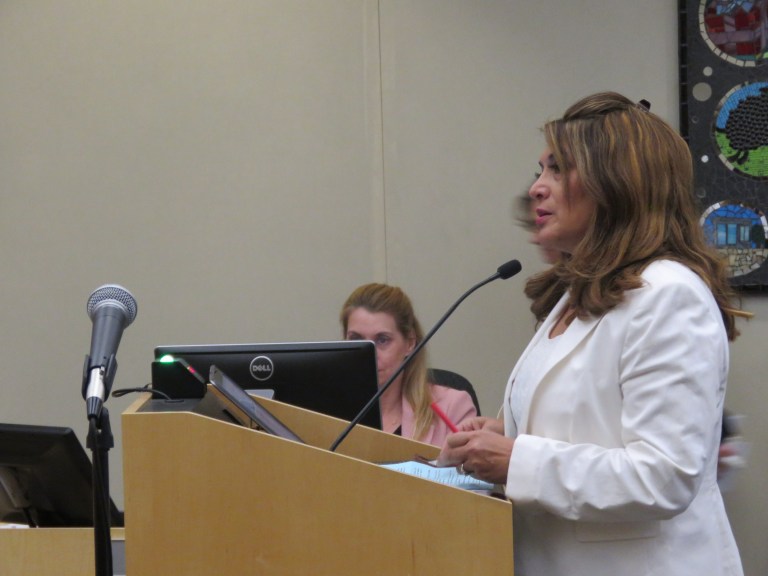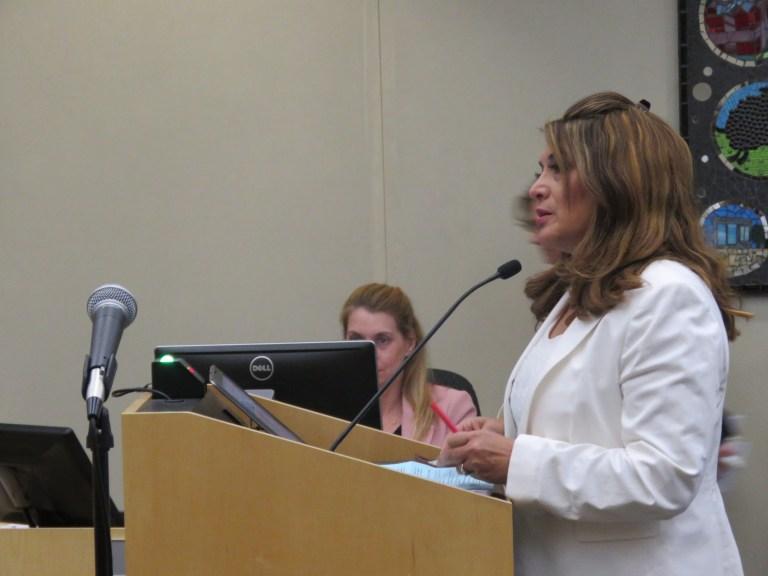
Assemblywoman Quirk-Silva's Request for State Audit on Education Supplemental Funding Released

Orange County, CA - Assemblywoman Quirk-Silva's (Fullerton) request to the California State Auditor's Office to complete an audit on Local Education Agencies and the use of supplemental funding has concluded. As a teacher for more than 30 years, Assemblywoman Quirk-Silva initiated the request last year, as it was necessary to ensure that the sub funds get to specified groups. As a champion and leader in the achievement gap conference over ten years ago, Assemblywoman Quirk-Silva understands it is more crucial than ever that we provide a high quality education for students and provide students with resources in order to support a well prepared workforce, safer communities, and a thriving economy.
There are close to six-million students in Californiaâs public schools from grades K - 12. Educational funding is complex, with funding from the Federal government and state allocations. A large portion of Californiaâs billion dollar state budget is allocated for Kindergarten through 12 education. In the 2013-14 budget, California began funding K -12 education, in part through the Local Control Funding Formula (LCFF). This was to provide more local control over the spending of funds and to improve educational outcomes and close the education gap among certain groups.
âAs an educator, I believe we must ensure that the intended student groups benefit from the supplemental funds that have been given to the school agencies,â said Assemblywoman Sharon Quirk-Silva. âThe Legislature should address the concerns of requiring local educational agencies to identify those unspent funds by annually reporting on estimated and actual spending.â
The State Auditor reviewed the effectiveness of this funding approach at three unified school districts. The audit, in part found that, because the State deferred full implementation of the supplemental funding formula, the three districts identified approximately $320.6 million since the 2013-14 fiscal year as being part of their base funds rather than supplemental and concentration funds.
âOur goal, based on the audit report will be to implement changes in our state law to improve the requirements the State has in developing a tracking mechanism for districts and other local education agencies to utilize moving forward,â said Assemblywoman Sharon Quirk-Silva. âAccountability and transparency is crucial to not only identifying unspent funds, but that the funds are kept and used to benefit students including students in foster care, English learners and those from low-income households.â